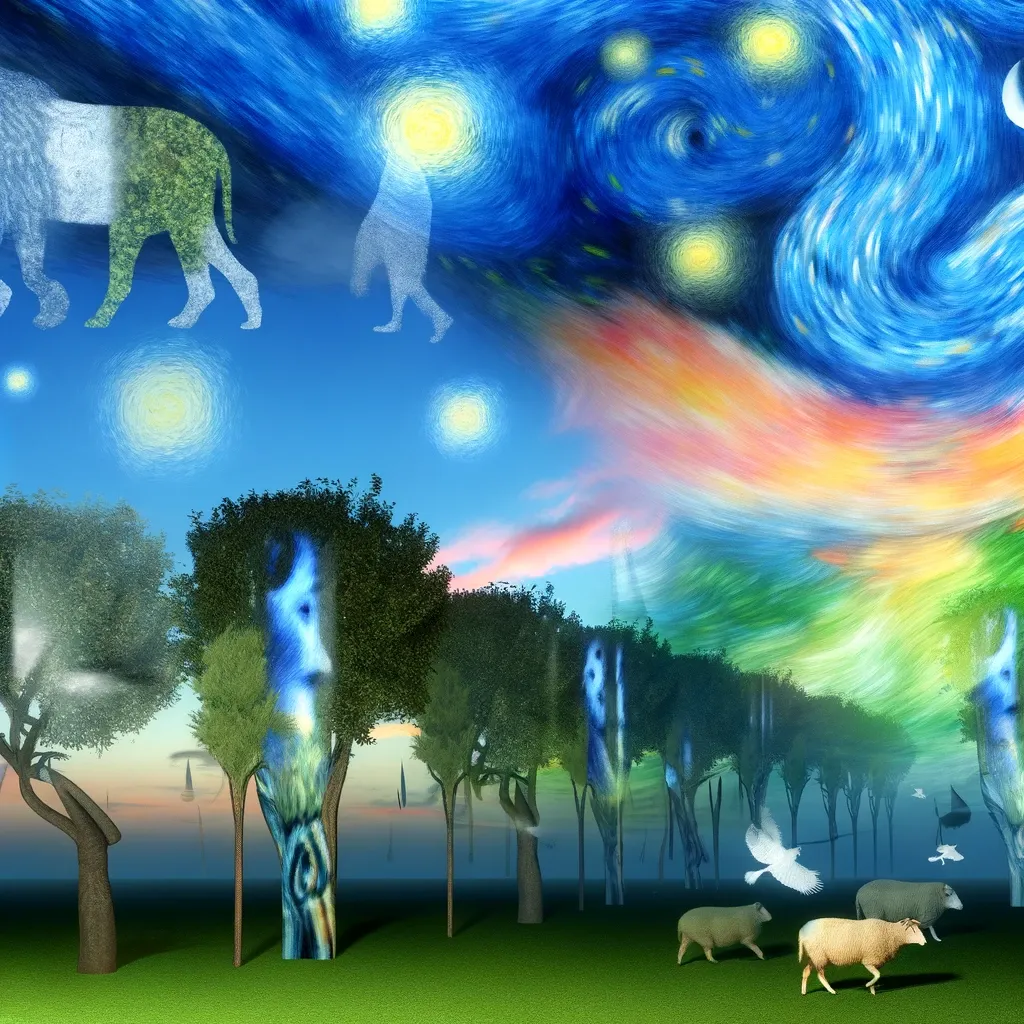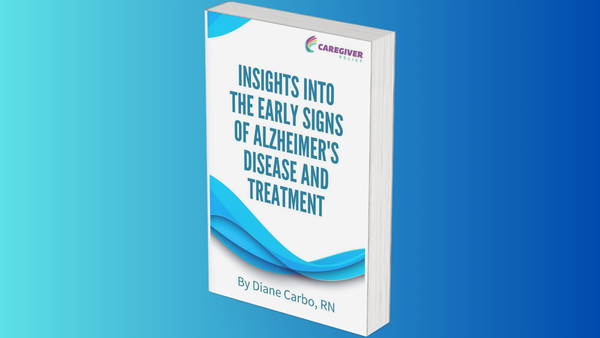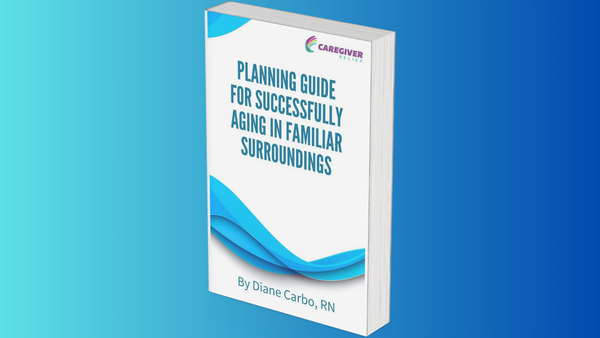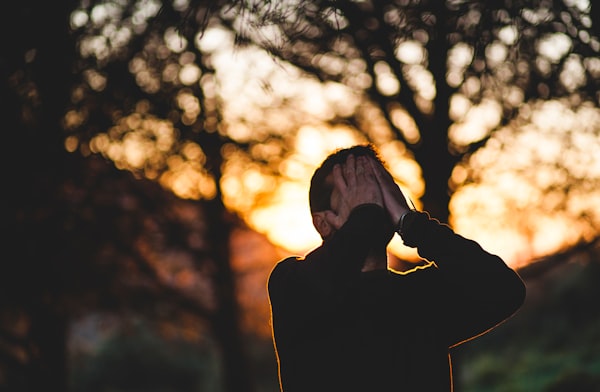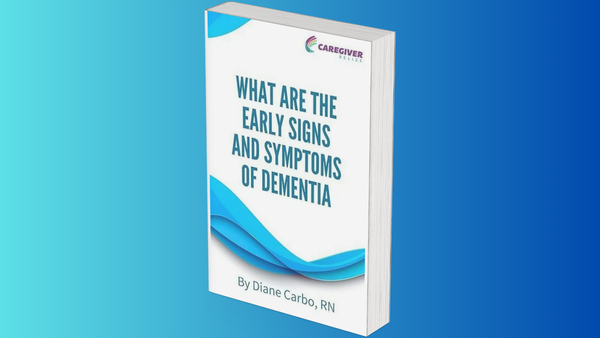Can You Hallucinate Smells?

Introduction: Hallucinations and Smells
A hallucination is an experience that is perceived as real, but does not physically exist. This can be visual, auditory, or olfactory (smell). Olfactory hallucinations, sometimes referred to as phantosmia, are sensations of smell that are not present in the environment and originate from within the person.
Hallucinations of smells can range from pleasant scents like flowers, perfume or baking, to unpleasant smells like burned toast, rotting garbage, or sewage. It is important to note that a smell hallucination is not the same as having a heightened sense of smell. Smell hallucinations can occur in healthy people without any underlying health condition.
What is a Hallucination?
A hallucination is an experience of seeing, hearing, feeling or smelling something that is not actually there. Hallucinations can occur in any of the five senses and are often associated with mental health conditions such as schizophrenia.
Hallucinations involving smells, also known as olfactory hallucinations, are particularly common and can take the form of either unpleasant or pleasant odors. These smells can be a phantom smell that isn't actually present in the environment, or they could be smells that exist in the environment but when perceived by the individual are exaggerated or distorted.
Types of Smell Hallucinations
Smell hallucinations, or olfactory illusions, occur when someone smells something that isn't actually present. This could be anything from a pleasant scent to a foul odor. Experiencing a smell hallucination can be both disconcerting and confusing. It's important to understand the different types of smell hallucinations in order to better diagnose and manage them.
The following are the most common types of smell hallucinations:
- Phantosmia: This type of smell hallucination occurs when someone perceives an odour even though it is not actually there. This can be either pleasant or unpleasant.
- Parosmia: This type of smell hallucination is when someone perceives a smell that is similar to an actual smell but is somehow distorted. This distortion can cause someone to interpret a scent differently than its reality.
- Hyperosmia: This type of smell hallucination is when someone experiences an intense reaction to a smell that may or may not normally have been considered unpleasant.
Causes of Smell Hallucinations
Smell hallucinations, also known as olfactory hallucinations, can be caused by a variety of things. Some are psychological in nature, while others may have a physical cause. Here are some of the common causes of smell hallucinations:
- Psychological causes such as stress, psychological trauma, or mental illness.
- Brain Injury, which can cause a disruption in the brain's olfactory nerve pathways.
- Medication side effects, such as those for certain antidepressants or antipsychotic medications.
- Substance abuse or addiction.
- Epilepsy or other seizure disorders.
- Dementia or Alzheimer’s disease.
- Infections, such as sinusitis or meningitis.
There are some environmental factors that may also trigger smell hallucinations. This includes strong smells, such as fragrances, smoke, and chemicals. Additionally, emotions can also play a role in triggering smell hallucinations.
Symptoms of Smell Hallucinations
A smell hallucination is the experience of perceiving smells that are not actually present. People with smell hallucinations may report smelling fragrances, smoke, or food, and these odors can be pleasant or unpleasant. The experience of a smell hallucination can vary depending on the individual and the type of smell that is perceived.
Common physical symptoms that may be experienced when having a smell hallucination include:
- Headaches
- Nausea
- Dizziness
- Anxiety or panic attacks
- Difficulty concentrating
- Fatigue
- Loss of appetite
Risk Factors
Smell hallucinations are more likely to occur in certain individuals or under certain conditions. People may be more likely to experience smell hallucinations if they have existing psychological issues, such as post-traumatic stress disorder or schizophrenia. Substance abuse, including the use of recreational drugs, has also been linked to an increased risk factor for smell hallucinations.
In addition, other medical conditions can increase the risk of experiencing a smell hallucination. Migraines, brain tumors, and seizures can all lead to alterations in the perception of smell, as well as other senses. Finally, some medications can also cause someone to experience a smell hallucination, particularly antidepressants, antianxiety medications, and antipsychotic drugs.
Complications of Prolonged Smell Hallucinations
When a person experiences a smell hallucination, it can become a long-term situation if not addressed. It is important to understand the complications that can arise when a smell hallucination persists over time.
The most common complication arising from a prolonged smell hallucination is a heightened sense of paranoia and anxiety. This can cause a person to become increasingly fearful, constantly on edge, and unable to relax or feel comfortable in their environment. It can also lead to feelings of isolation and depression, as well as difficulty sleeping or concentrating.
Some people may also experience physical symptoms such as headaches or nausea. These symptoms may be related to the brain attempting to process the smell hallucinations or from stress caused by the hallucinations.
In some cases, prolonged smell hallucinations can even cause hallucinogen persisting perception disorder (HPPD). This is a condition that occurs when a person continues to experience flashbacks and visual disturbances long after they have stopped taking the initial substance that induced the hallucination. HPPD can be very disorienting and distressing for the sufferer, and can impact their quality of life.
If you are experiencing a smell hallucination and notice any of these complications, it is important to seek medical attention. The earlier the problem is addressed, the easier it will be to manage and prevent further complications.
Diagnosis
When diagnosing a smell hallucination, a medical professional will need to determine the cause of the disorder and assess the symptoms. To do this, they may complete a physical exam, review medical history, and conduct laboratory tests. The doctor may also ask questions about the individual's mental health, lifestyle, and sleep habits to better understand their condition.
The doctor may order imaging tests such as a CT (computed tomography) or MRI (magnetic resonance imaging) scan to look for any underlying physical issues that might be causing the symptom. They may also refer the patient to a psychiatrist for further evaluation and treatment.
If a smell hallucination has been caused by a physical issue, then medical treatments or medication may be prescribed. If the cause is psychological, then psychotherapy or counseling might be recommended.
Treatment for Smell Hallucinations
When it comes to treating smell hallucinations, there are a variety of options available. Medication may be prescribed, such as antidepressants, antipsychotics, or anticonvulsants. Therapy may also be recommended, such as Cognitive Behavioral Therapy (CBT) or Exposure and Response Prevention (ERP) which can help to reduce the stress associated with the hallucinations. Additionally, relaxation techniques such as Mindfulness-Based Stress Reduction (MBSR) may be beneficial in managing the symptoms. Alternative treatments, such as hypnotherapy and acupuncture, may also provide relief.
It is important to remember that the treatment plan will depend on the individual and the cause of the hallucinations. It is best to consult with a doctor or mental health professional to determine the best course of action to take.
Preventing Smell Hallucinations
Smell hallucinations can be difficult to prevent, as they are related to underlying conditions or circumstances that can trigger a hallucination. However, there are a few measures that can be taken to help reduce the chances of having a smell hallucination and reduce the effects if one does occur.
The first step is to identify and address any underlying medical conditions or psychological issues that may be causing the hallucinations. Treating these conditions with medication or therapy can often reduce the likelihood of experiencing smell hallucinations.
It is also important to practice good self-care by getting enough rest, eating a balanced diet, exercising regularly, and avoiding substances such as alcohol and drugs that can trigger hallucinations. In addition, it can be helpful to practice relaxation techniques, such as yoga or meditation, in order to reduce stress and improve overall mental health.
Finally, keeping a journal can be useful for tracking any recurring patterns in your hallucinations and noting triggers that may have caused them. By keeping track of these patterns, you can begin to recognize potential warning signs and take steps to reduce the chances of experiencing a hallucination.
Management
Managing and coping with ongoing smell hallucinations can be difficult, but there are a few strategies that may help. It is important to note that it is essential to seek out the advice of a doctor if the smell hallucinations are causing distress or interfering with day-to-day life.
One way to manage ongoing smell hallucinations is to identify any potential triggers, such as certain smells, foods, or stressful events. Once these triggers are identified, try to avoid them as much as possible in order to reduce the risk of an episode. Additionally, activities such as yoga, meditation, and regular exercise have been known to help reduce stress, which can in turn help to reduce the frequency or intensity of smell hallucinations.
Another strategy for managing ongoing smell hallucinations is to practice a technique known as grounding, which involves focusing on the present moment and acknowledging what you can see, touch, or hear around you. This can help to provide a sense of security and control during an episode. Additionally, being mindful of your breathing and engaging in deep breathing exercises can help to reduce stress and anxiety levels.
Finally, maintaining a healthy lifestyle is essential in managing ongoing smell hallucinations. Eating a balanced diet, getting adequate sleep, and avoiding drugs and/or alcohol can all contribute to better mental health and reduce the likelihood of experiencing smell hallucinations.
In conclusion, this guide provides an overview of the phenomenon of hallucinating smells. We discussed what a hallucination is, different types of smell hallucination, potential causes and symptoms, risk factors, potential complications, diagnosis and treatment options, as well as strategies for prevention and management.
While smell hallucinations can be disorienting and disruptive, it's important to remember that they are not necessarily indicative of a serious medical condition or mental health disorder. It is important to consult with your doctor as soon as possible if you experience symptoms of a smell hallucination in order to ensure proper diagnosis and treatment. Additionally, there are various strategies for managing and coping with smell hallucinations.
You might also like this article:
